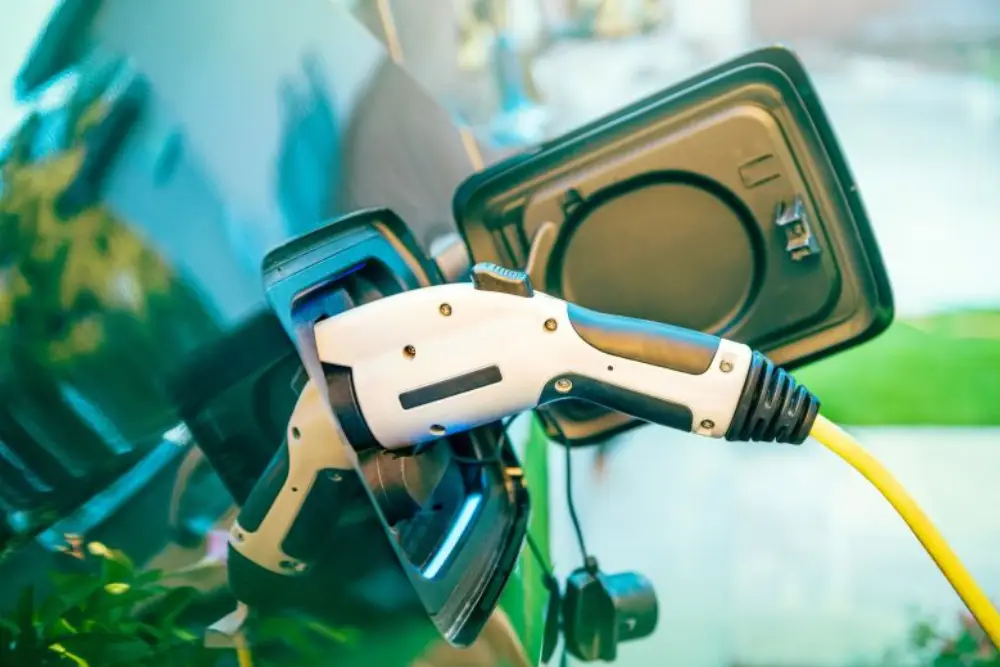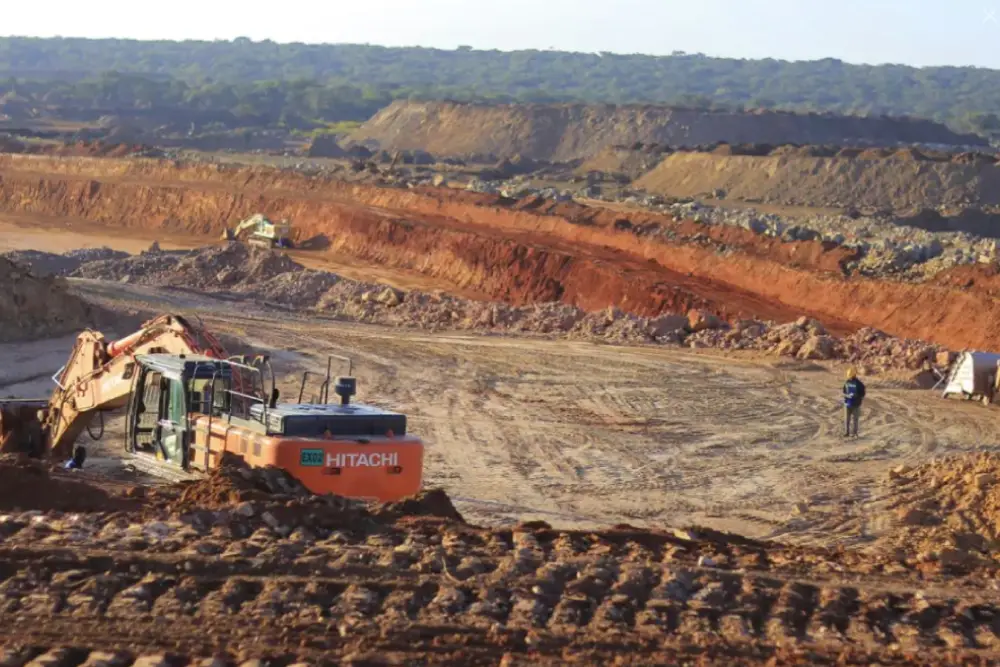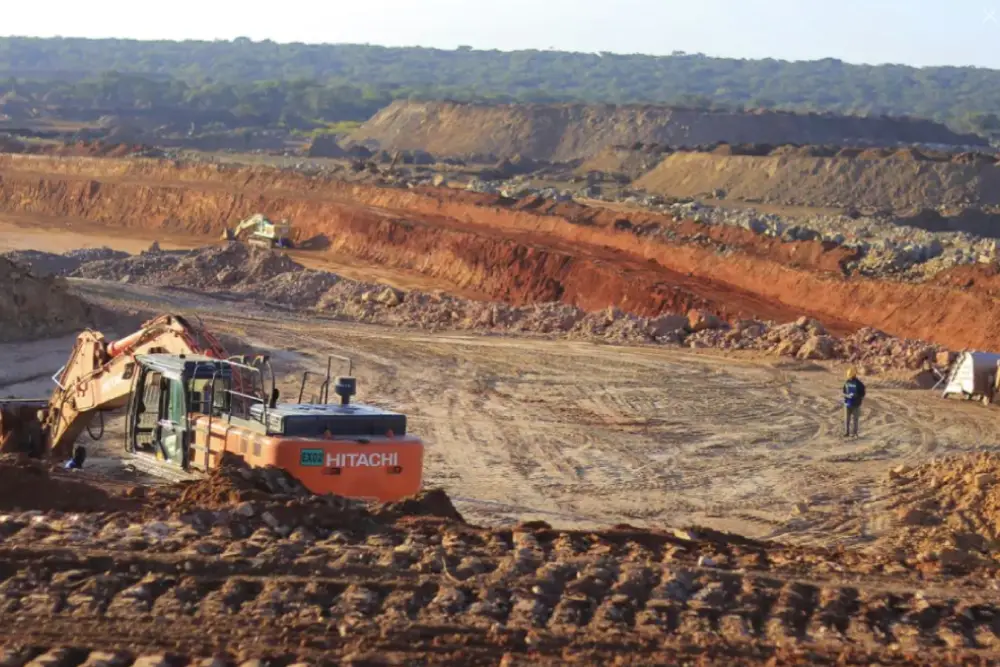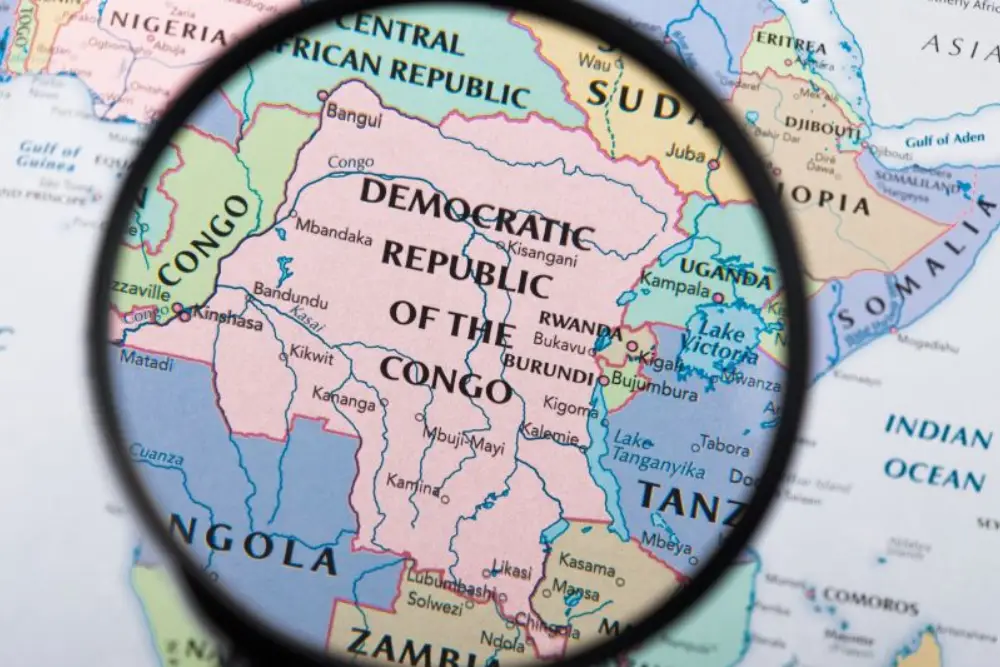As the global economy transitions toward clean energy, copper is emerging as one of the most critical materials—so much so that many analysts and institutions are asking whether copper might become the “new oil” of this transition. Just as oil once underpinned industry, transport, and energy, copper has now become the fundamental to renewables, electrification, and digital infrastructure.
According to the International Energy Agency’s report, 2025, Global refined copper demand is projected to reach around 33 million tonnes in 2035 and 37 million tonnes by 2050 under the stated policy scenario. Additionally, the energy transition sector, although currently smaller, is expected to experience rapid growth, with demand projected to reach 274 thousand tonnes by FY 2030.
UNCTAD reinforces the urgency: global copper demand could grow by more than 40% by 2040, but supply is struggling to keep pace. The agency warns that without significant investment in new mines, processing and refining, and recycling, a structural shortfall looms—potentially threatening both cost stability and the timelines of energy transition projects.
Financial institutions echo this message. ABN AMRO’s research describes copper among the “dominant critical metals” essential for a smooth transition, and notes that rising demand for low-carbon technologies is pushing copper into a role similar to oil’s in the #fossil-fuel era. Goldman Sachs, for example, projects that “greencopper” demand (for renewables, EVs etc.) will make up a growing slice of the total copper market by 2030, suggesting that copper may become a benchmark of economic and technological transition.
However, there are important differences. Oil remains largely energy itself, whereas copper is a material that enables energy transformation. There are also challenges unique to copper: declining ore grades, long lead times for new mine development, geographic concentration of reserves, ESG (environmental, social, governance) concerns, and recycling constraints.
In sum, copper is likely to become as strategically important in the green economy as oil has been in the fossil-fuel era, especially in terms of investment, geopolitical significance, and market volatility. Whether it replaces oil in metaphorical status depends on whether supply can scale up without undermining environmental and social goals.











